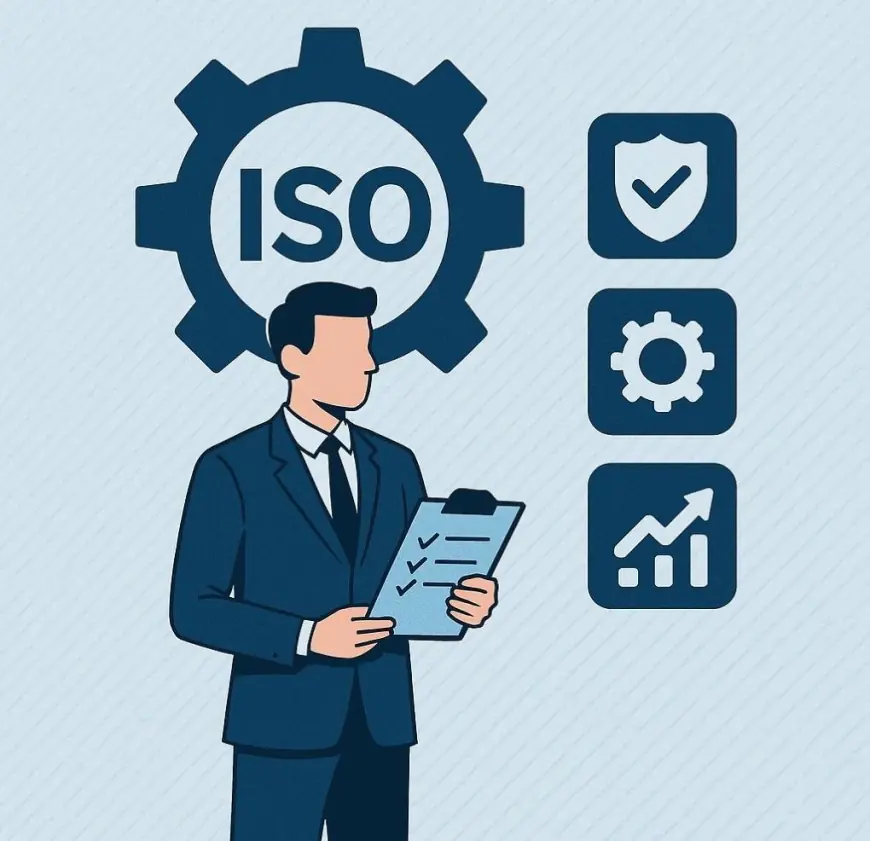Understanding GMP Certification: Ensuring Quality and Safety in Manufacturing

In today's highly regulated and competitive manufacturing landscape, GMP certification plays a critical role in assuring product quality, safety, and consistency. Standing for Good Manufacturing Practice, this certification serves as a quality benchmark for industries such as pharmaceuticals, food processing, cosmetics, and medical devices. GMP ensures that products are consistently produced and controlled according to quality standards. Let’s explore how GMP certification impacts the industry through a few key aspects.
Regulatory Compliance and Consumer Trust
One of the most vital roles of GMP certification is helping companies comply with local and international regulatory standards. By aligning with established guidelines, manufacturers demonstrate their commitment to consumer safety and legal requirements. Compliance with GMP builds public trust, as it assures consumers that the products they use are manufactured under strict quality controls. This trust directly impacts brand loyalty and market competitiveness.
Process Control and Risk Management
GMP emphasizes thorough documentation, staff training, hygiene, and controlled environments. These requirements minimize contamination, errors, and variations in production. Having clear Standard Operating Procedures (SOPs) and batch records ensures traceability and accountability. Manufacturers holding GMP certification benefit from better process control, allowing early detection of issues and reducing costly recalls or non-compliance penalties.
Enhancing Global Market Access
For businesses aiming to expand globally, GMP certification is often a prerequisite. Many countries require this certification before allowing product import or distribution. It acts as a global quality passport, opening up international markets and creating partnerships with global distributors and retailers who prioritize certified suppliers.
Boosting Operational Efficiency
Implementing GMP practices not only improves product quality but also streamlines operations. With clear processes and checks in place, companies experience fewer delays, improved resource utilization, and lower wastage. The focus on continuous improvement ensures that manufacturing remains efficient and responsive to quality demands.
Conclusion: A Strategic Investment for Sustainable Growth
GMP certification is more than a compliance tool—it is a strategic investment in quality, efficiency, and global credibility. For manufacturers, particularly in regulated sectors, it ensures operational excellence and long-term sustainability. Whether you're entering new markets or improving internal processes, GMP provides the structure to meet quality expectations consistently.
What's Your Reaction?
 Like
0
Like
0
 Dislike
0
Dislike
0
 Love
0
Love
0
 Funny
0
Funny
0
 Angry
0
Angry
0
 Sad
0
Sad
0
 Wow
0
Wow
0



























































